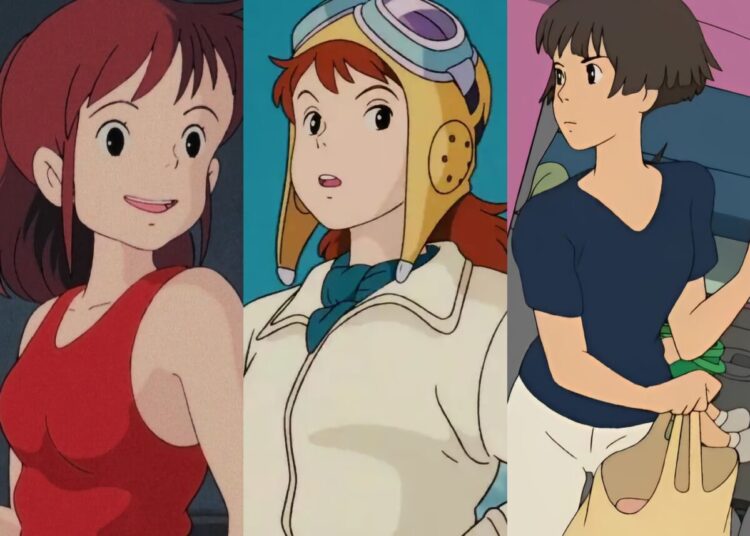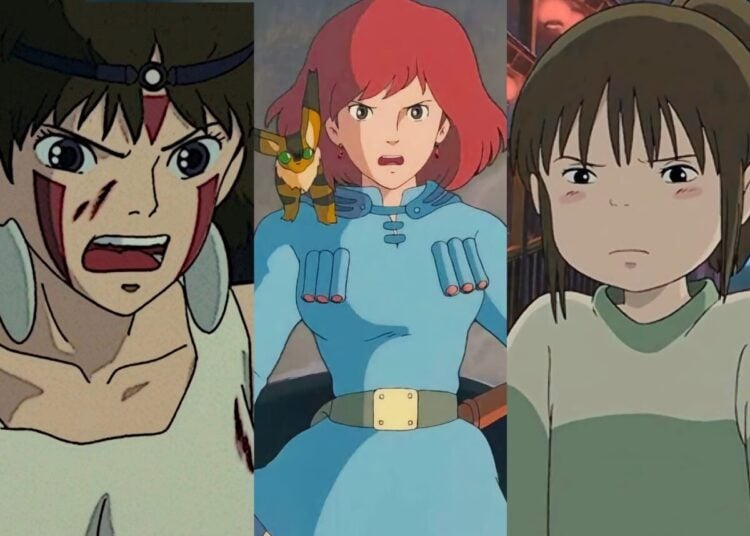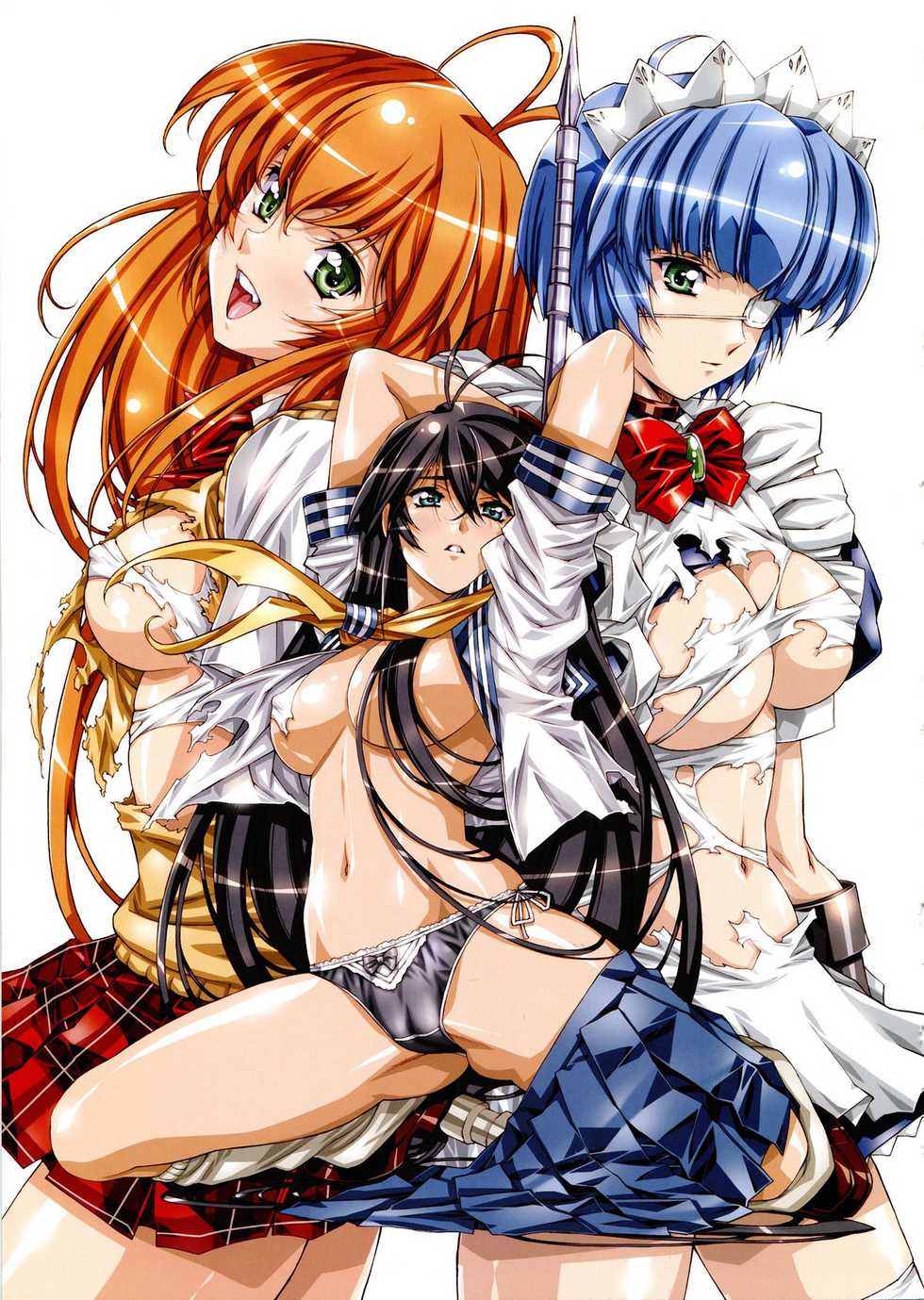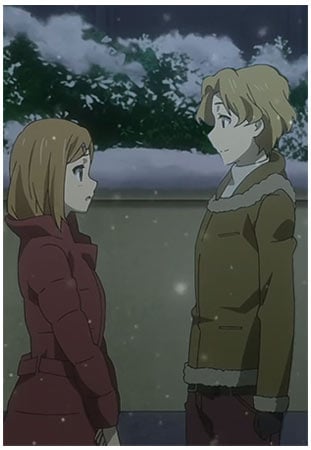There are many images of Japan that have become famous all over the world, like solemn temples with statues of Buddha inside, Shinto shrines with their red torii arches, ancient castles and of course Mt. Fuji. (Some images of Japan, such as geisha, are probably more famous than they should be, considering they’ve completely vanished from modern Japan.)
When you come to Japan, it’s common to encounter things you can’t categorize culturally, and something that fell into this category for me were the little stone statues I saw by the side of the road, often wearing red bibs around their heads. They’re called jizo or ojizo-sama, and they’re Buddhist statues that represent compassionate beings (perhaps similar to Christian saints) who have attained enlightenment yet remain on Earth to help others. Jizo are the protectors of children, and the statues are placed by the side of the road to help them get home safely. These jizo statues show up in anime from time to time, for example Satsuki and Mei ask one if they can take shelter from the rain in My Neighbor Totoro.
One of the most famous children’s stories in Japan is that of the Kasa Jizo, or the Umbrella Hat Jizo Statues, which I’ll tell here. Once there was an old couple who was so poor, they couldn’t even afford mochi rice cakes to celebrate New Year’s Day. To get some money, the man wove five kasa (umbrella hats, which keep rain and snow off you) and went to the village to sell them, but he couldn’t sell a single one. Resigned to having no rice cakes for New Years, he headed for home, but happened to pass by some stone jizo statues that were silently guarding the road. They were covered with snow and seemed terribly cold, so he decided to donate the hats to the statues so they’d be dry and comfortable, giving the last one the tenugui scarf on his own head when he ran out of hats. That night, the old couple heard a noise outside, and opened the door to see a pile of mochi rice cakes, fish, daikon radishes plus gold coins. The gifts had been brought by the jizo statues as thanks for the selfless gift of the hats the old man had made to them.(If you’re interested in these jizo statues, we’ve got a cute one that doubles as a piggy bank.)
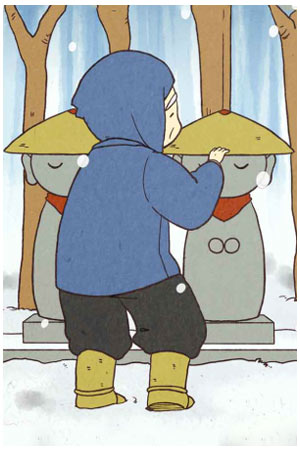
Buddhist “jizo” statues are the protectors of children.


